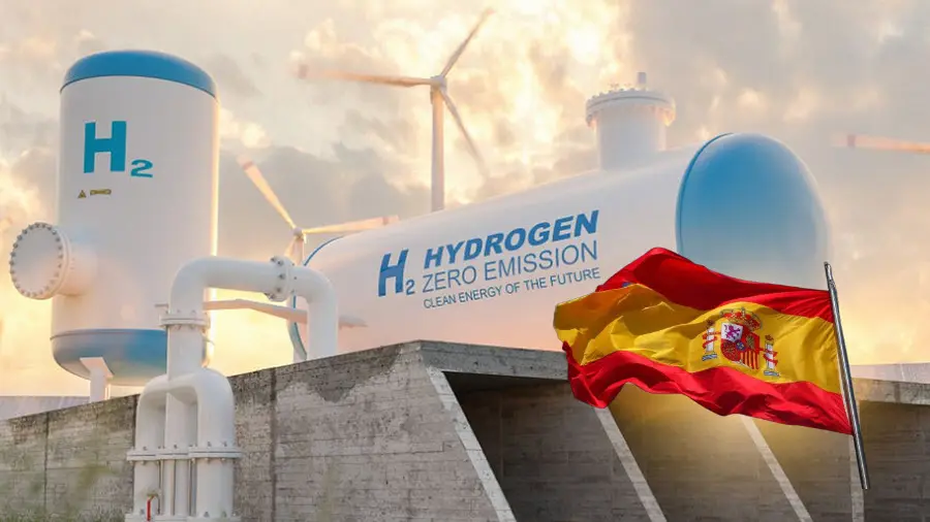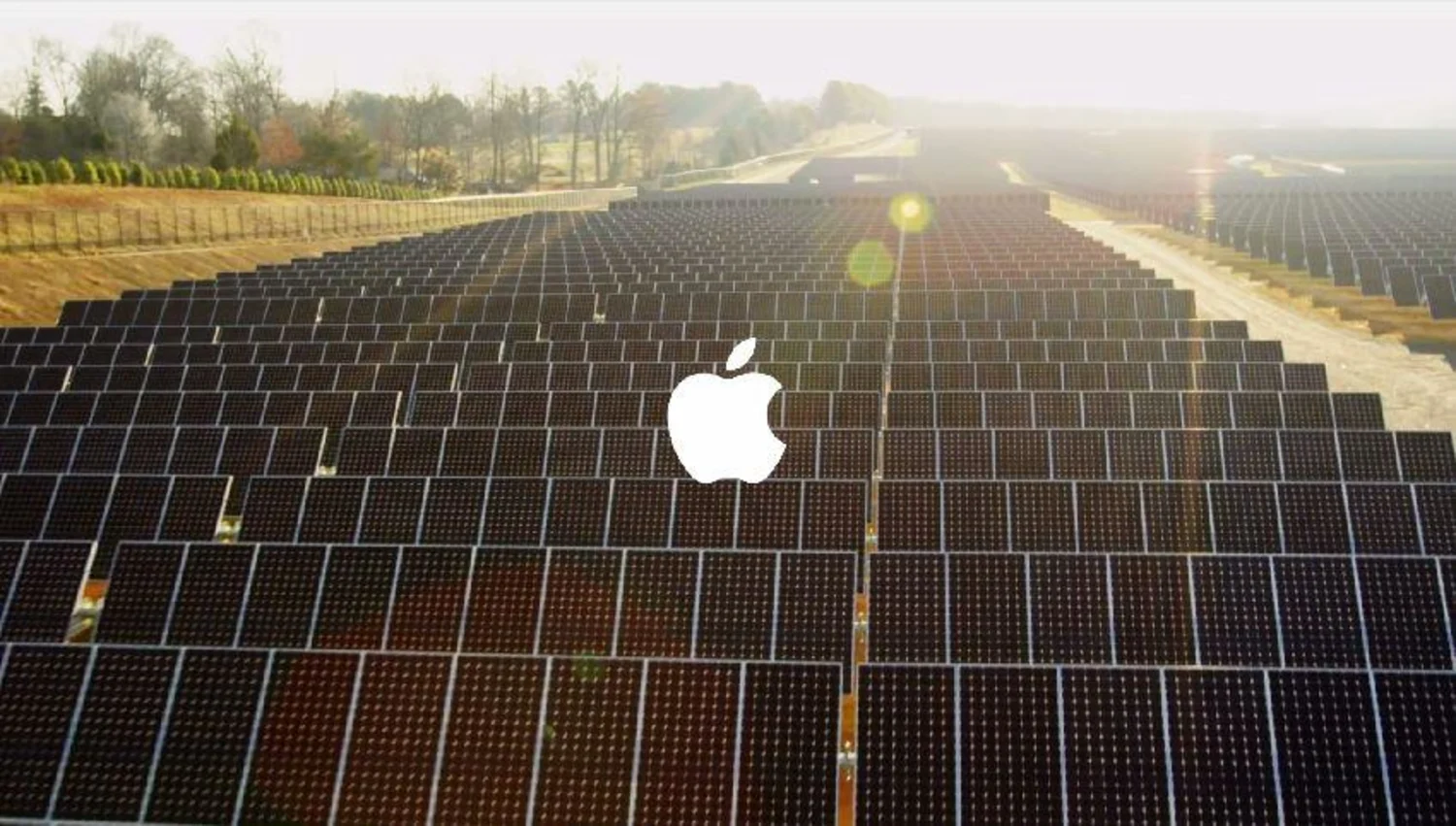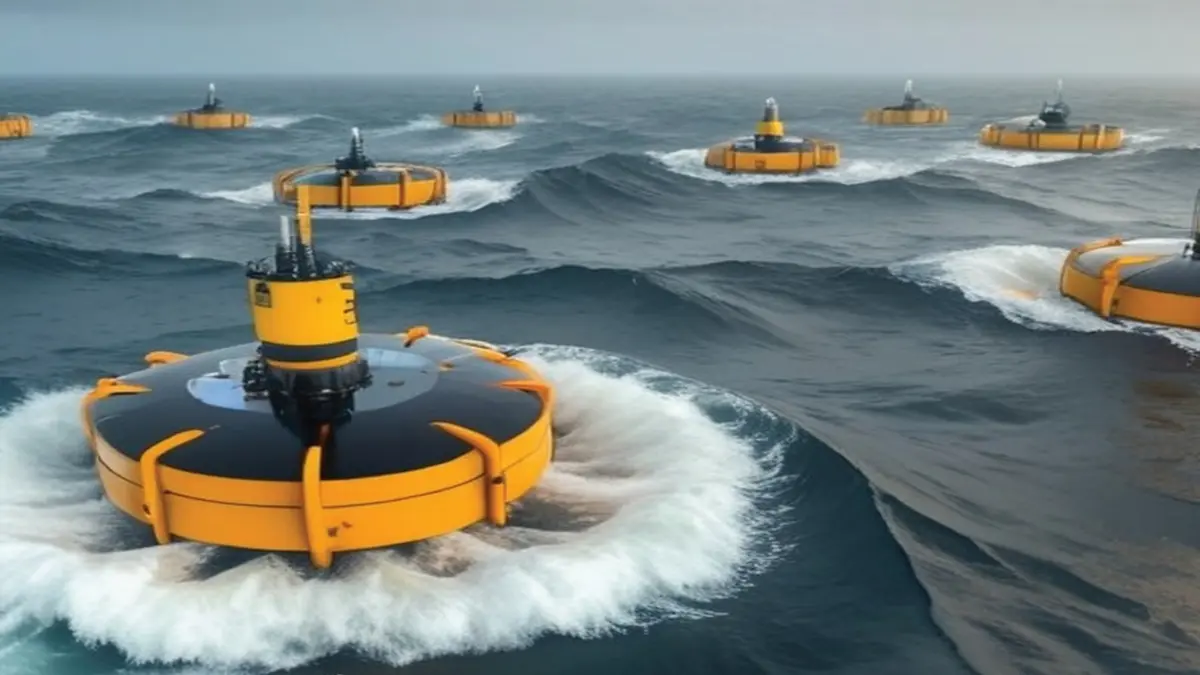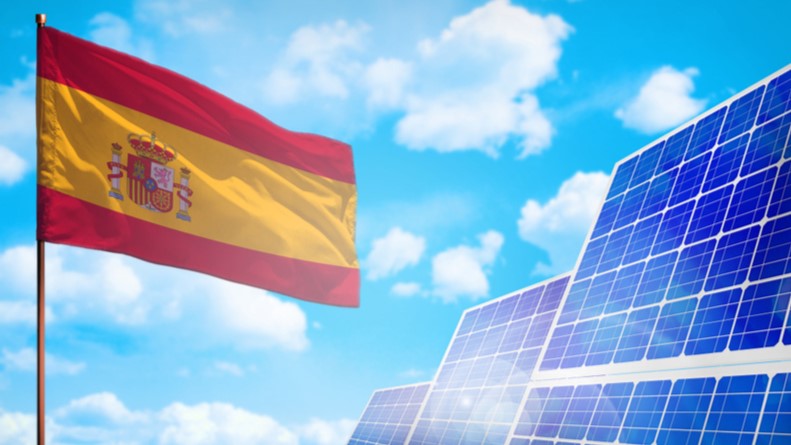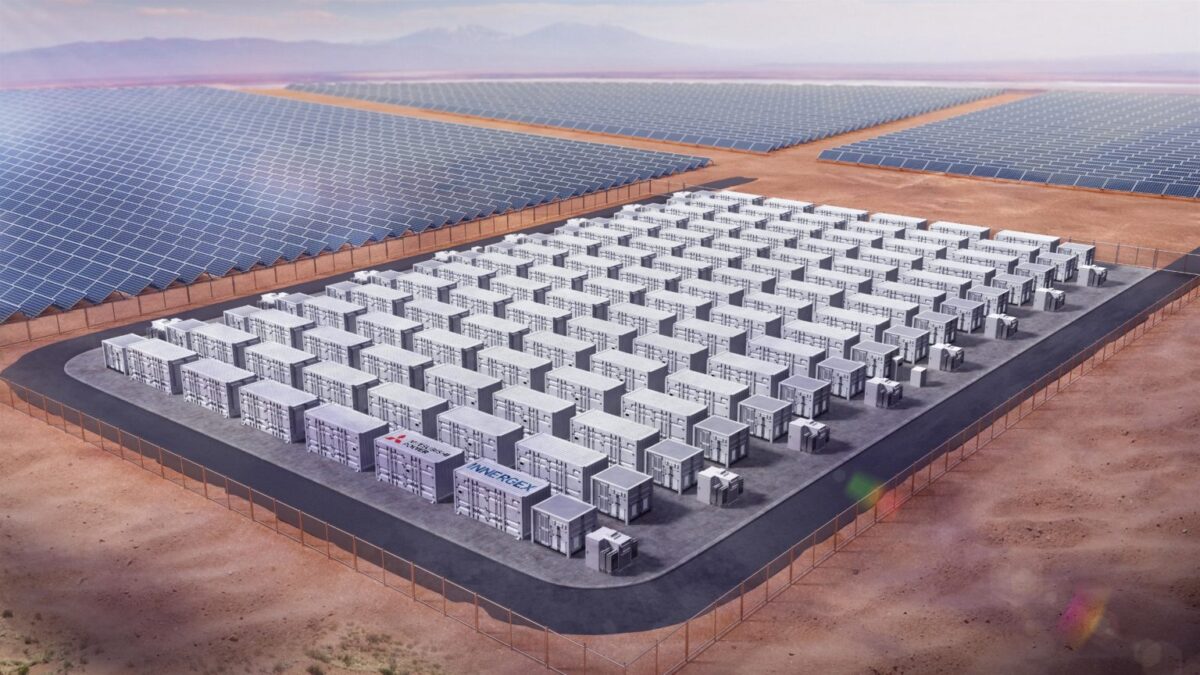The European Commission has approved a €400 million Spanish State aid scheme to support renewable hydrogen production through the European Hydrogen Bank's "Auctions-as-a-Service" tool.
The scheme will support construction of up to 345MW of electrolyser capacity and production of up to 221,000 tonnes of renewable hydrogen in Spain.
This is estimated to avoid the equivalent of up to one million tonnes of CO₂ and contribute to Spain’s 2030 target of 12GW of installed electrolyser capacity, according to Madrid.
Aid will be granted in the form of direct grants per kilogram of renewable hydrogen produced, for a period of up to 10 years.
Beneficiaries must comply with EU criteria for renewable fuels of non-biological origin (RFNBOs), including demonstrating the use or financing of additional renewable electricity.
The aid will be awarded through a competitive, transparent, and non-discriminatory bidding process that concluded in early 2025, according to the Spanish government.
The process was overseen by the European Climate, Infrastructure, and Environment Executive Agency (CINEA).
The Commission found that the scheme is necessary and appropriate to support renewable hydrogen production and decarbonise the industrial, transport, and energy sectors.
It added that the aid has an incentive effect and includes safeguards to minimise competition distortions.
The Spanish programme follows a similar German scheme approved in April 2024, and Austrian and Lithuanian schemes approved in March 2025.
The European Hydrogen Bank aims to support domestic renewable hydrogen production to meet the EU’s 2030 target of 20 million tonnes of hydrogen, under the REPowerEU plan.
Auctions-as-a-Service allows Member States to allocate national funds through the EU-wide hydrogen auction system run by the Innovation Fund.


